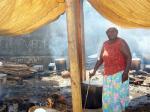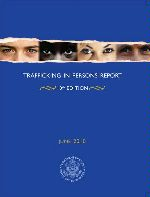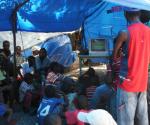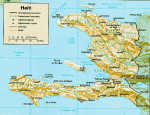Recovery and Education in Haiti
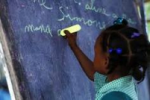 In the weeks to come, I’ll provide updates on recovery efforts in Haiti sector by sector. Why start with education? After an emergency or a natural disaster, schools provide an opportunity to protect children physically and psychologically. It re-establishes a sense of routine, stability, and above all, hope for a better future. Technical and vocational education will be critical for developing a new generation of skilled workers and leaders. Without educational reform, Haiti’s recovery and long term development will be held back.
In the weeks to come, I’ll provide updates on recovery efforts in Haiti sector by sector. Why start with education? After an emergency or a natural disaster, schools provide an opportunity to protect children physically and psychologically. It re-establishes a sense of routine, stability, and above all, hope for a better future. Technical and vocational education will be critical for developing a new generation of skilled workers and leaders. Without educational reform, Haiti’s recovery and long term development will be held back.






